|
|
|
|
Nau mae haere mai.
It’s just over three years since I began working here at The Conversation NZ. The country had just gone into COVID lockdown and in those early days everyone was wondering what was going to happen. It was all new – which probably influenced my own decision to try something new, too.
Turns out it was a good move. A pandemic isn’t something anyone would wish for, but it certainly played to the strengths of The Conversation’s mission to combine academic rigour with journalistic flair. Working with a host of university experts on everything from the science to the social fallout from COVID has been one of the highlights of my career so far.
We’ve also seen steady growth in the five years since we began publishing in Aotearoa New Zealand, testament to founding local editor Veronika Meduna. With the arrival of Debrin Foxcroft last year, we’re now a team of three. The range and scale of our publishing increases all the time.
But we don’t charge our subscribers or republishers, and we don’t have a paywall. Instead, we rely on the kindness of readers to help fund our not-for-profit newsroom. So if you can contribute anything at all, it makes our operation that much more secure and sustainable in a world that needs evidence-based journalism more than ever.
Just click here to find out more. In the meantime please enjoy our latest top stories from here and around the world, and visit our homepage for more. Until next week, mā te wā.
|

|
Finlay Macdonald
New Zealand Editor
|
|

John Tookey, Auckland University of Technology
Domestic use of natural gas is a minimal contributor to overall greenhouse emissions. There should be no rush to ban it before better, cheaper options are in place.
|

Debra Wilson, University of Canterbury
A 25-year old sex offender was given a 10% discount on his sentence due to his age, and ended up getting home detention. But is 25 really too young to understand the gravity of sexual assault?
|
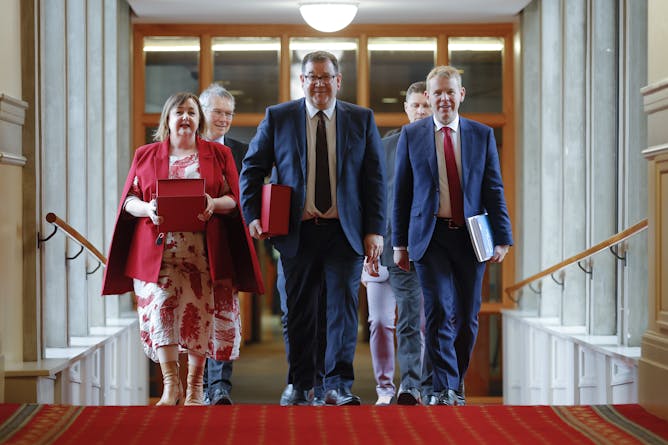
Jennifer Curtin, University of Auckland; Komathi Kolandai, University of Auckland; Oluwakemi Igiebor, University of Auckland; Suzy Morrissey, University of Auckland; Victoria Woodman, University of Auckland
Budget 2023 included a ‘gender snapshot’ to account for the ways investment priorities affect women differently from men. More effective, efficient and equitable, it also makes good economic sense.
|
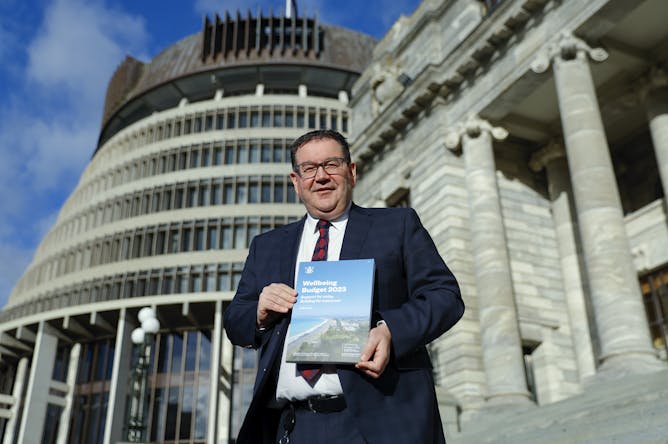
Richard Shaw, Massey University; Kate C. Prickett, Te Herenga Waka — Victoria University of Wellington; Michael P. Cameron, University of Waikato; Robin Gauld, University of Otago; Timothy Welch, University of Auckland
Incremental and pragmatic, New Zealand’s fifth Wellbeing Budget tries to balance cost-of-living support with huge long-term investment challenges – all without frightening the inflation horses.
|

Dion Enari, Auckland University of Technology; Sierra Keung, Auckland University of Technology
More Indigenous sports stars are speaking their mother tongues in TV interviews and elsewhere. The challenge now is to develop truly bilingual commentary teams to keep the ball alive.
|
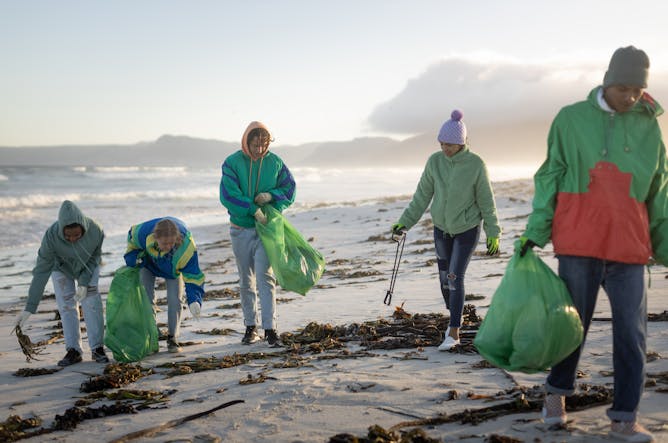
Ananish Chaudhuri, University of Auckland; Quentin Douglas Atkinson, University of Auckland; Scott Claessens, University of Auckland
Belief in climate change seems to be linked to willingness to cooperate for the common good. This suggests there may be ways to bridge ideological divides to combat complex problems.
|

Benjamin Kaufman, Griffith University
After a successful trial, an on-demand public transport service in Auckland has been optimised to increase patronage – without the cost of buying new vehicles.
|
From our foreign editions
|

Mohamed Haji Ingiriis, King's College London
Whichever way the ongoing armed conflict ends, the loser will be Somaliland president Muse Bihi Abdi.
| |

Henry Milner, Université de Montréal
The UN is calling for a specialized support force in Haiti, where urban gangs are terrorizing the population and people are starving. Why won’t Canada step up to help?
|

Katie Gibbs, Swansea University; Andrew H Kemp, Swansea University; Zoe Fisher, Swansea University
Brain injury survivors report the sport can give constant opportunities for learning and a way to reevaulate emotions.
| |

Jacques Wels, UCL; Matthew Sparkes, University of Cambridge; Senhu Wang, National University of Singapore
Credit payment holidays were made available in the UK to help people manage the financial strain of the pandemic.
|
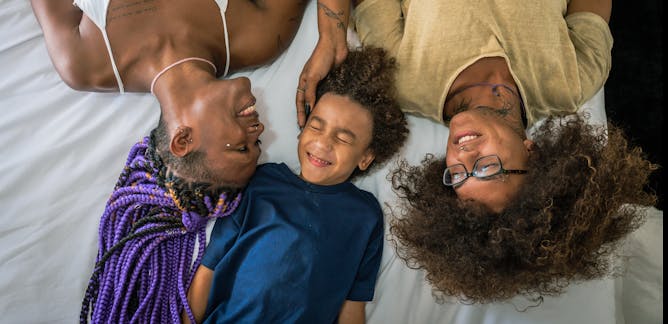
Derek P. Siegel, UMass Amherst
Trans motherhood showcases the unique joys of being transgender, be it through developing a deeper connection with one’s own child or caring for others in one’s community.
| |
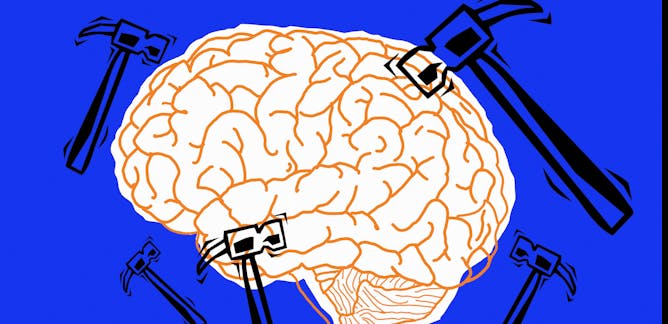
Prasad Shirvalkar, University of California, San Francisco
Pain has long been subjectively measured, leading to frustrations for patients and doctors alike. Identifying neural biomarkers of pain could improve diagnosis and lead to better treatments of chronic pain conditions.
|
|
|
| |
| |
| |

|
| |
| |
| |
| |
| |
| |
|
|
|
|
|
|
|